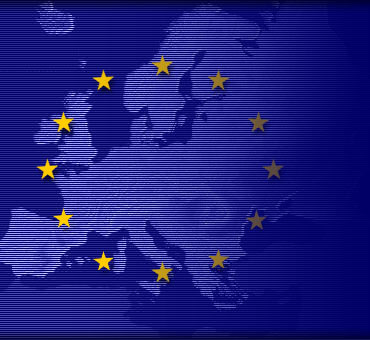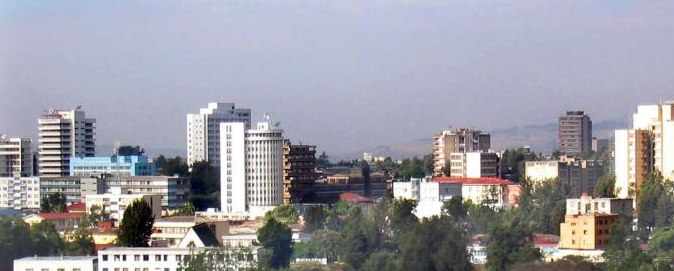The European Union is today, expected to give Malawi €98 million (about K40 billion) aimed at stabilising the ailing economy that continues to be laden by several contractions and deepening poverty.
The EU aid in the form of a ‘Good Governance and Development Contract’ will promote reforms of national public finances and includes budget support to the government of Malawi for over a period of three years.
A signing agreement for the package will take place at the Ministry of Finance headquarters in Lilongwe, according to Director of Aid and Debt at the Ministry of Finance.
The EU Delegation says the financing will run from this year till 2015 during which it will help make the country achieve some short term and medium term goals.
However, the EU has warned government to work on public finance management and procurement, demanding a tight control on public enterprises.
“The EU will make a major contribution to reducing poverty in Malawi and to bring the country back on a path of sustained growth. It will help Malawi in its efforts to achieve the target of 4.3 per cent growth of Gross Domestic Product (GDP) in 2012 and 6.5 per cent in the medium-term,” says the statement.
According to the EU, the immediate objective of the assistance, which foresees rapid disbursement of a first tranche of €40 million, is to support Malawi in the middle of the lean season (November 2012 – February 2013) saying foreign proceeds are foreseen to be the weakest.
“This will prevent further decrease in the already scarce foreign reserves and avoid further devaluation of the national currency,” the statement.
Through this contribution, the EU said will seek government engagement in a “serious and much needed reform” of its public finances.
“Expected results include preventing the accumulation of new arrears, improvement in public procurement practices and better regulation of state owned enterprises,” said the EU in a statement.
The EU assistance comes shortly after Reserve Bank of Malawi (RBM) signed last week a US$250 million loan agreement with PTA Bank to finance critical exports in view of the deteriorating balance of payment.
As of November 9 this year, the country’s official reserves were US$126 million which is only 0.67 month import cover against a monthly requirement of over US$180 million and the internationally recommended three months cover.





No comments! Be the first commenter?